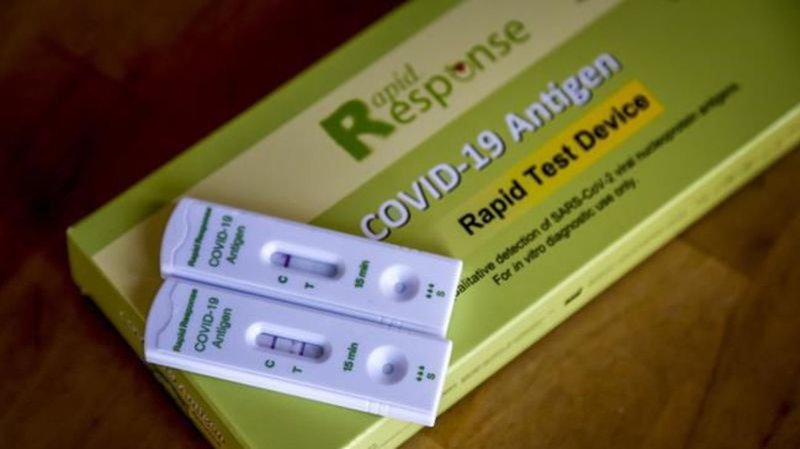
Ottawa ends shipments of rapid COVID-19 tests as millions set to expire
The federal government has stopped shipping rapid COVID-19 antigen tests to provinces as millions are set to expire within the year, and experts say the once-essential tool has lost its importance in the pandemic.
There are 90 million rapid tests in the federal inventory, Health Canada said in an email. About 80,000 of those are set to expire within six months and 6.5 million within the year. The rest expire within two years.
“Canada has robust inventories and is well prepared for COVID response,” Anne Génier, with Health Canada, said in an email.
Ottawa has ordered more than 811 million rapid tests since the beginning of the pandemic with a price tag of about $5 billion. About 680 million of those went to provinces and territories.


